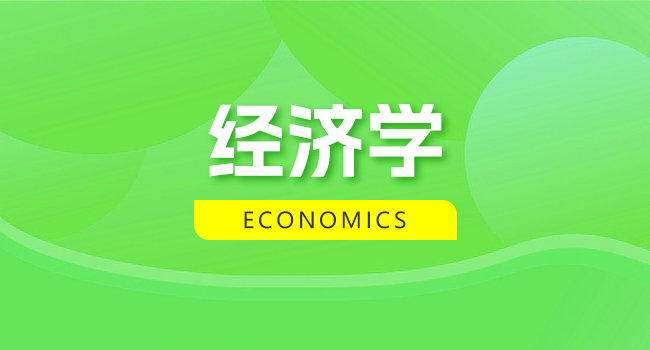
Even in traditional offices, “the lingua franca of corporate America has gotten much more emotional and much more right-brained than it was 20 years ago,” said Harvard Business School professor Nancy Koehn. She started spinning off examples. “If you and I parachuted back to Fortune 500 companies in 1990, we would see much less frequent use of terms like journey, mission, passion. There were goals, there were strategies, there were objectives, but we didn’t talk about energy; we didn’t talk about passion.”
Koehn pointed out that this new era of corporate vocabulary is very “team”-oriented—and not by coincidence. “Let’s not forget sports—in male-dominated corporate America, it’s still a big deal. It’s not explicitly conscious; it’s the idea that I’m a coach, and you’re my team, and we’re in this together. There are lots and lots of CEOs in very different companies, but most think of themselves as coaches and this is their team and they want to win.”
These terms are also intended to infuse work with meaning—and, as Khurana points out, increase allegiance to the firm. “You have the importation of terminology that historically used to be associated with non-profit organizations and religious organizations: Terms like vision, values, passion, and purpose,” said Khurana.
This new focus on personal fulfillment can help keep employees motivated amid increasingly loud debates over work-life balance. The “mommy wars” of the 1990s are still going on today, prompting arguments about why women still can’t have it all and books like Sheryl Sandberg’s Lean In, whose title has become a buzzword in its own right. Terms like unplug, offline, life-hack, bandwidth, and capacity are all about setting boundaries between the office and the home. But if your work is your “passion,” you’ll be more likely to devote yourself to it, even if that means going home for dinner and then working long after the kids are in bed.
But this seems to be the irony of office speak: Everyone makes fun of it, but managers love it, companies depend on it, and regular people willingly absorb it. As Nunberg said, “You can get people to think it’s nonsense at the same time that you buy into it.” In a workplace that’s fundamentally indifferent to your life and its meaning, office speak can help you figure out how you relate to your work—and how your work defines who you are.
1. According to Nancy Koehn, office language has become_____
[A] more emotional
[B] more objective
[C] less energetic
[D] less strategic
2. “Team”-oriented corporate vocabulary is closely related to_______
[A] historical incidents
[B] gender difference
[C] sports culture
[D] athletic executives
3.Khurana believes that the importation of terminology aims to______
[A] revive historical terms
[B] promote company image
[C] foster corporate cooperation
[D] strengthen employee loyalty
4.It can be inferred that Lean In________
[A] voices for working women
[B] appeals to passionate workaholics
[C] triggers debates among mommies
[D] praises motivated employees
5.Which of the following statements is true about office speak?
[A] Managers admire it but avoid it
[B] Linguists believe it to be nonsense
[C] Companies find it to be fundamental
[D] Regular people mock it but accept it
1.【答案】A
【直击答案】根据题干关键信息“Nancy Koehn”定位到首段首句。题干中的“office language”对应此句的“lingua franca of corporate”(公司通用语),“has become”对应“has gotten”,所以正确答案应匹配文章中的“more emotional and much more right¬brained”。对比各选项,可知A项为正确答案。
2.【答案】C
【直击答案】根据题干关键信息“team¬oriented,corporate vocabulary”定位到第二段。通读全段,答案锁定在第二、三、四句。这几句话都在举例子,作为论据论证第一句。第二句话中出现了“sports”,第三句话中出现了“coach”和“team”,第四句话中出现了“coach”和“team,win”,这些词都与运动相关,所以确定最佳答案为C项。
3.【答案】D
【直击答案】根据题干关键信息“importation of terminology”定位到第三段第二句。由题干中的“believe”可知本题考查观点,也即论点,所以确定本题答案应在本段的首句。首句的“are intended to”表示目的,对应题干中的“aims to”,D项“strengthen employee loyalty”对应文中的“increase allegiance to the firm”,因此为正确答案。
4.【答案】A
【直击答案】根据题干中的“Lean In”定位到第四段第二句。第二句主要讲述了今天仍然持续着始于20世纪的90年代的“妈咪战争”,这催生了一系列诸如为何女性不能拥有一切的争论,以及像Lean In这样的书。因此,确定此书与女性相关。此外,第一句话中出现了“work¬life balance”,结合二者可以推理出这句话谈论的是工作中对于女性的不公平,确定最佳答案为A项。
5.【答案】D
【直击答案】根据题干关键信息“office speak”定位到末段首句。需特别注意这句话的结构:本句是一个转折句,包含两个不同的层面,列举了不同类别的人对“office speak”的不同态度。一一比对选项,确定最佳答案为D项,选项和原文中的“regular people”属于原词复现,选项中“mock,accept”分别同义替换原文的“make fun of,absorb”。











